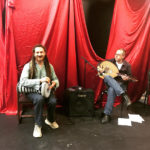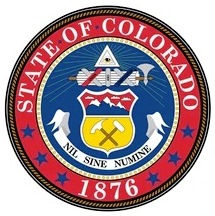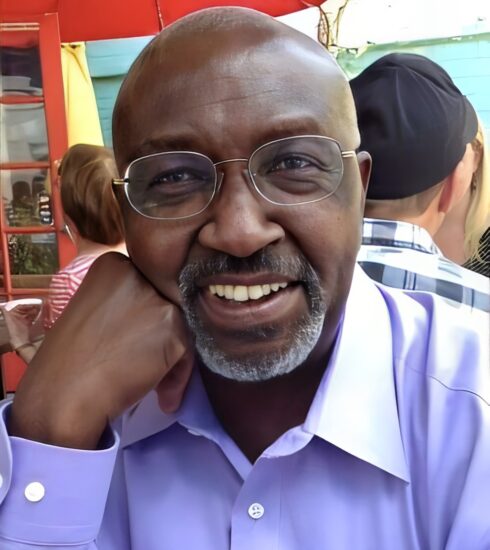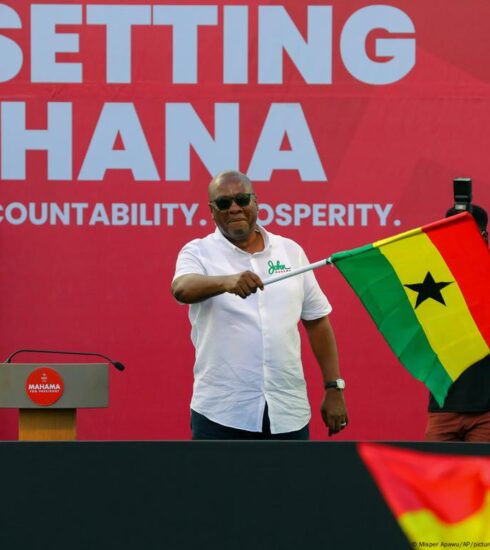It is no longer unusual to see images of world leaders with face masks as measures to stem the spread of the novel coronavirus disease. We see these images however when given world leaders are pictured in the context of news related to the COVID-19. For instance, a quick google image search on President Joseph Biden on COVID-19 pro- duces results of multiple images of him with face masks, but a similar search on news on Afghanistan al- most never shows him with a face mask. This clearly is what happens in photojournalism relevant images for specific news items.
However, anyone who is following the patterns of recent re- porting on Nigeria especially as it pertains to President Muhammadu Buhari by Associated Press and Reuters would have noticed that he is shown almost always with face mask even when the news item is unrelated to public health. An example is the reportage by Reuters on Wednesday August 25 with the title “Nigeria Signs Military Cooperation Agreement with Russia” (https://www.reuters.com/ world/nigeria-signs-military-co- operation-agreement-with-rus- sia-2021-08-25/).
Reuters used masked image of the president of Nigeria with hardly any executive context to it. In the same news item however, his Russian counterpart Vladimir Putin is shown in executive and authority context in black suits and on a press briefing podium, albeit without a face mask. Noticing this media trend got me thinking whether the intentional news media use of the masked images are veiled references to a president who is known to have become notoriously mum while the country he leads is falling apart under the weight of insecurity; economic depression; increase in brain drain; the collapse of the educational system; crumbling health infrastructure, an area he promised to tackle by putting a stop to medical tourism overseas, but has since become the number one health tourist himself. He has also become increasingly compromised in corruption which he made his number one priority during the campaign that brought him to power in 2015. Mr. Buhari’s deafening silence over innumerable unfortunate incidents of national concern has even been noted in foreign media reportage on Nigeria and his presidency. Nigerians at large have wondered why this president finds it difficult to address the nation and stay transparent with the citizens. His silence over national issues even got a special line in one of Nigeria’s pop artists, Sparkle Tee’s comic music video, “Talk Something” in 2020 in which he described the president with a mere gesture by holding his lips tight with his two hands and muttering “Uhm Uhm Uhm Uhm Uhm Uhm.” Is it, like Chimamanda Ngozi Adichie has observed, that it is well below him for Buhari to level with the citizens of Nigeria? When he speaks at all, he often either misses the opportunity to address burning issues, or he heaps insult on the “lazy youth” (to use his words), or still stir controversy with serious international and economic reverberation such as his “dot-in-circle” comment which led to a fallout with the microblog tech company Twitter. Perhaps then, a mute Buhari is better than a Buhari who addresses the nation with frequency.
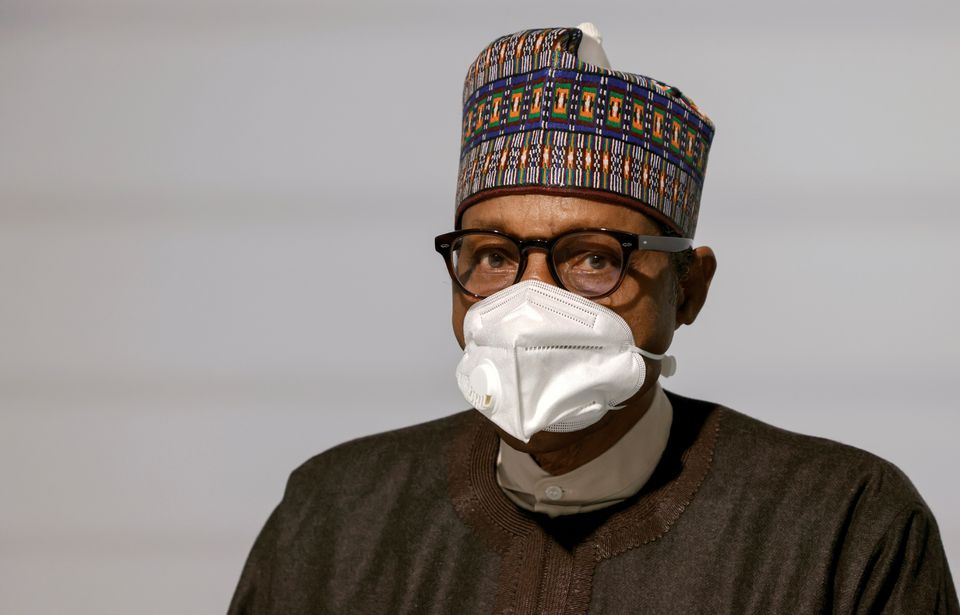
On the other hand, however, might it be possible that Mr. Buhari’s style of governance in silence is intentional so as not to betray any hidden agenda? During his 2015 campaign and subsequently, his political opponents accused him of having a hidden Islamist agenda. Conservative media in the USA warned against allowing him to get on the seat of the country’s presidency. These were regarded then as conspiracy theories. Well, six years as president, it is becoming clearer that there is truly a seeming Fulanization and Islamization agenda. At least former President Olusegun Obasanjo, probably the most respected voice on foreign affairs from the continent has said so. Same as Rtd. General Theophilus Danjuma, and both are on record on the so-called agenda.
Just less than 24 hours ago as at the writing of this article, Kunle Olawunmi, a Rtd. Navy Commodore and Professor of Global Security Studies who has been in the inner circle of Nigeria’s military intelligence spilled it all out on Sunrise, a news program on one of Nigeria’s national television stations, Channels TV, hosted by Chamberlain Usoh. According to him, some governors, ministers, senators, and bureau de change operators who are largely northern Fulani Muslims are sponsors of Boko Haram and the government knows them. He further alleged that the president as commander in chief knows exactly what is happening, but he is quiet. According to him, the rot of the fish begins from the head; meaning that Mr. Buhari is implicated in the whole alleged Islamization agenda. A serious allegation at worse!
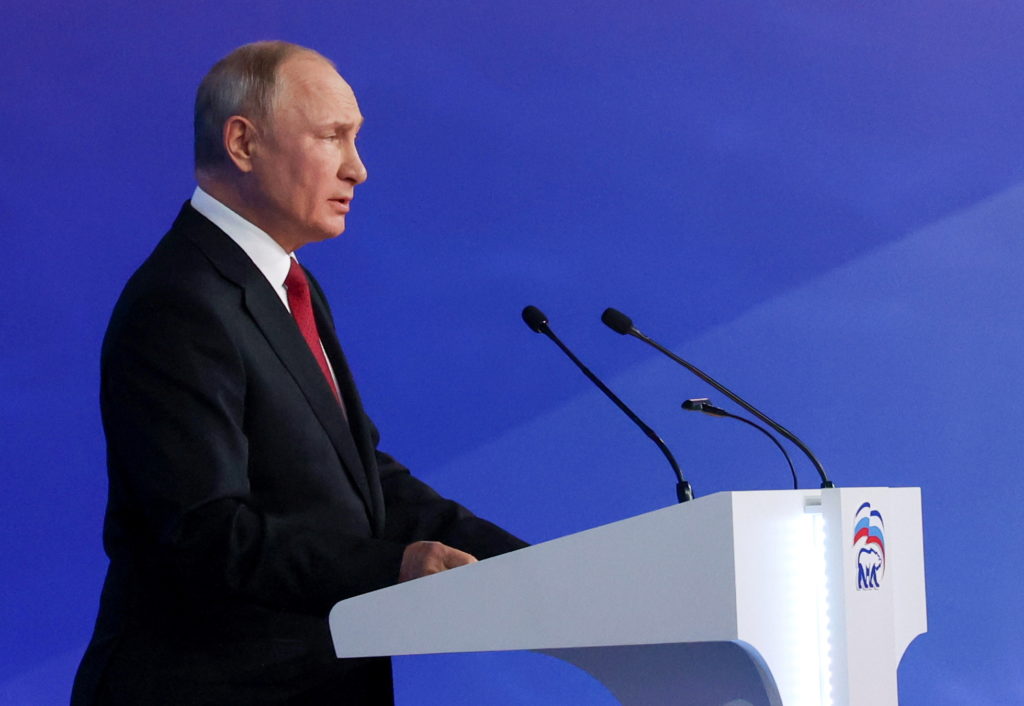
Given this scenario, therefore, and the reality of mounting national challenges, is an expectation by the Nigerian people of their president to level with them and speak to them more often an illusion? Of course, citizens of any nation need a leader who inspires them, even if by ordinary address to the nation. Unfortunately, the people won’t get that in a man who has become so unpredictable in his style of governance in silence, whereby media images of him in face masks have become a symbol of his presidential muteness, albeit with damning consequences for the country, the West African region, and the world.
Austin C. Okigbo teaches Ethnomusicology and African Studies at University of Colorado at Boulder, USA. He is a member of the Africa Security Studies Group
Twitter handle: @aokigbo

